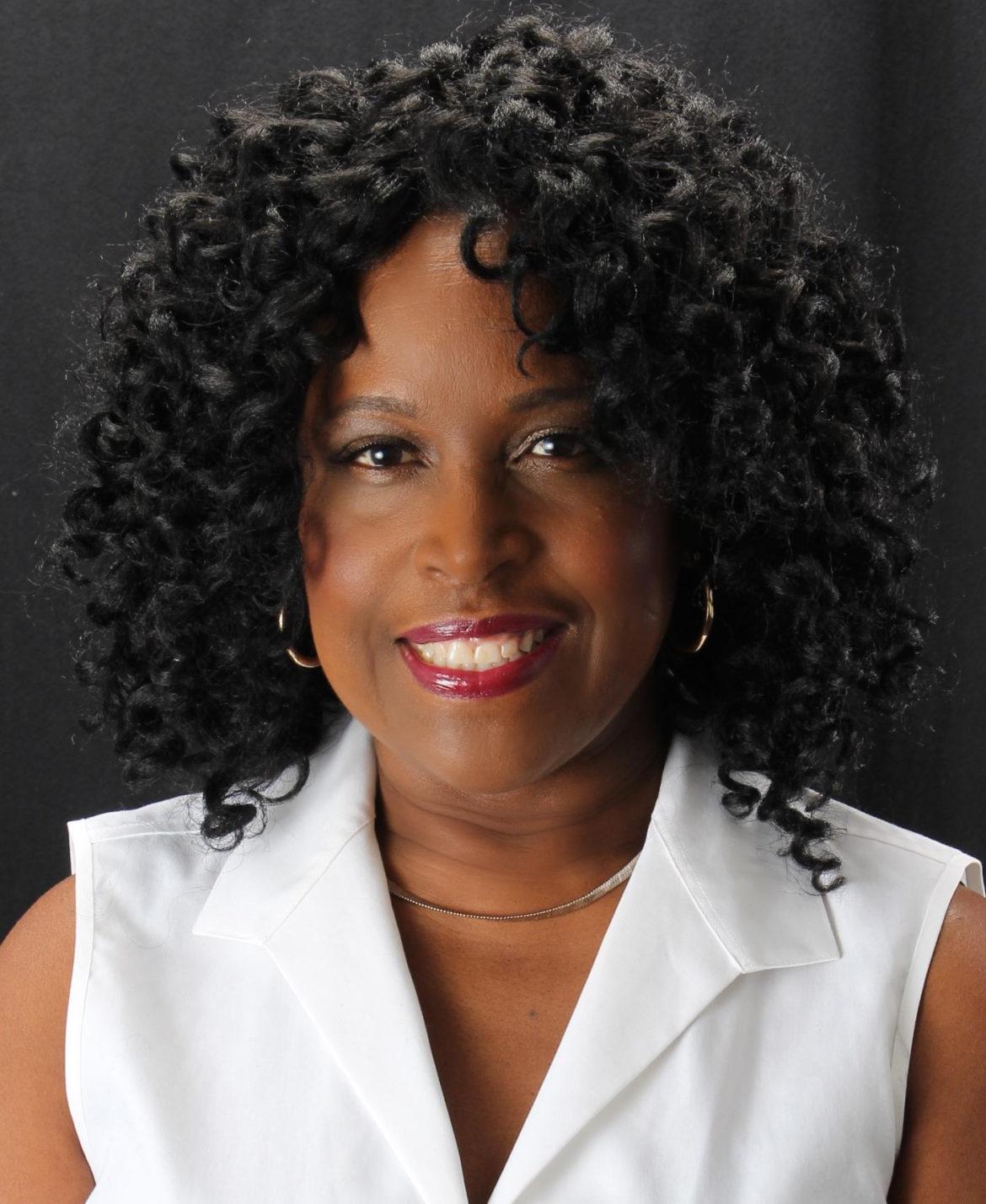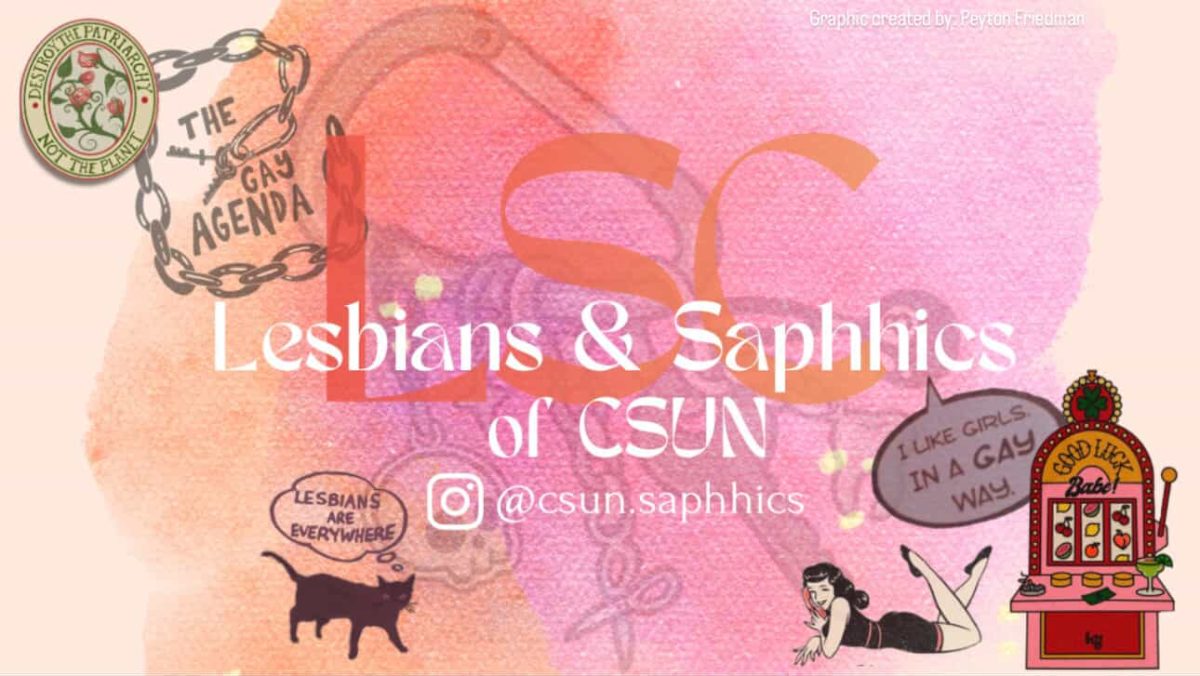CSUN Africana Studies professor returns to the classroom a year after being the target of online threats and harassment while she continues to express the lack of support she and her students have received from the administration regarding their safety.
It’s been exactly a year since Dr. Karin Stanford, a professor of Africana Studies and former chair of the Africana Studies Department, was forced to use her sick leave after being denied a safety grievance when she became the target of online threats and harassment.
Stanford will be returning to campus with an administration she feels doesn’t support her or her students by not taking their safety into account and a lack of guidelines to follow to protect professors and students who have been the target of a threat.
“The primary issue is the lack of support and apparently interest by the dean, provost, faculty affairs and higher level administrators to engage in any discussion of how to prepare and talk to students about their presence in a classroom where a professor has received threats related to the content of the course,” said Stanford.
This began last January when the Campus Reform, a controversial conservative website with the sole goal to “exposes bias and abuse on the nation’s college campuses,” posted an article about an exam question Stanford had given her students in December 2017.
The question asked students: “Donald Trump frequently made statements of an _____ nature throughout this presidential campaign,” with the multiple choice answers of “anti-Mexican,” “anti-Muslim,” “anti-women,” and “all of the above.” The article received comments lashing out against Stanford with hateful statements, and even one comment saying, “This is government abuse. Someone should shoot her in the face.”
Stanford had no idea about the article but was told in mid-January that there were some comments floating around that she should ignore by the chair of her department. It wasn’t until she started receiving nasty and threatening emails telling Stanford, who is a cancer survivor, things like “cancer is too good for you,” did she realize that there was more than a small issue to ignore.
“I go online and see what they asked me to ignore. Comments like ‘we should shoot her the face.’ Now, why would my university ask me to ignore that? That was shocking to me,” said Stanford. “School is getting ready to start, I can’t ignore these comments because students are going to be in my classes and my students are going to be subjected to it, so to me we can’t ignore this.”
Before the spring 2018 semester began Stanford went to her department chair who said she would have a meeting with the Director of Faculty Affairs, the provost and Chief of Police; meanwhile Stanford filed a police report but heard nothing back.
After the meeting was held her chair told her she had no comment and to this day Stanford still does not know what was said during the meeting regarding her situation. Her union leader advised her not to risk being in class and she did not go back to work.
It wasn’t until April 2018 that Stanford was able to meet with the now-former Chief of Police Anne Glavin and the director of faculty affairs. In the meantime she had to use her sick time because she was denied her safety grievance, time that she needed in case she had a reoccurrence with cancer.
Glavin said in a statement that, “Based on the information Dr. Stanford provided, we investigated the case and determined that the comments that concerned Dr. Stanford on social media were not criminal threats,” and, “While the comments directed at Dr. Stanford were disturbing, they were considered protected speech under the First Amendment.” She also explained that she personally met with Stanford to develop a safety plan.
Stanford expressed that she still did not feel safe and accused the university of openly speaking out against her by saying they accommodated her concerns, but she says there is no documented proof they had done so.
“I think, as somebody who’s been in administration, I was relying on the administration to say how do we come together as a community, I didn’t expect for them to just ignore it and then deny everything that happened,” she said.
Stanford isn’t the only professor in the Africana Studies Department who feels she has not received support from the administration. Dr. Aimee Glocke, assistant professor in the Africana Studies Department, has had several issues with faculty safety while working at CSUN.
“I’ve had my car written on twice in the faculty parking lot and filed a police report but no one was ever prosecuted for it because there are no cameras in that area,” said Glocke.
She was also put under police protection six years ago after her life was threatened by a student, and while she says she doesn’t feel the administration has been supportive, the CSUN police have been amazing for her in these situations.
Nationwide there has been an ongoing issue with faculty safety and the American Association of University Professors (AAUP) has recorded 50 cases of targeted harassment against faculty members since fall 2016.
Many of these cases of harassment stem from the same website that Stanford was targeted on, Campus Reform, as well as the student club Turning Point USA (TPUSA), which owns the Professors Watchlist, a website that is “to expose and document college professors who discriminate against conservative students and advance leftist propaganda in the classroom.”
While professors like Stanford continue to receive harassment and threatening comments on these organizations’ websites, college campuses like CSUN allow these organizations to speak on campus.
Back in November, TPUSA organized for Cabot Phillips, the media director of Campus Reform, to speak on campus during his Liberal Privilege Tour. Phillips spoke about the liberal bias on college campuses while also touching on topics like conservative students having their ideas suppressed by liberal professors and terms like “hate speech” being a form of suppression.
“(Hate speech.) That’s one of the most common phrases I see thrown around between professors and people who are trying to suppress free speech,” said Phillips during the event. “But just to clear things up hate speech is not really a thing legally speaking and constitutionally speaking. It’s just an excuse that people use to get you to shut your mouth.”
Stanford says that the argument that the university has made regarding the balance between academic freedom and free speech is trying to change the nature of the conversation that is the safety of the professor and students.
She explains that the university should know that there are consequences with free speech.
“They have a right to free speech but there are consequences,” said Stanford. “When the consequences are violent comments and threats, how do you handle that as a community of 40,000 people coming in and out of your campus a week?”
Now Stanford is left to figure out how to approach the topic of her threat with her students when the semester begins, something she felt would be much easier if she had the administration’s support and guidelines to follow.
“I don’t think I should be making that decision by myself. What’s the role of the university in helping a faculty member figure this out?” she said. “Help me address the students in my classes because, as a parent, I’m not sure I want my daughter to sit in a class with a professor who receives threats, because if I have a target on my back so do my students.”
Editor’s note 1/22/19: The original post had Chief of Police Anne Glavin named spelled incorrectly.











